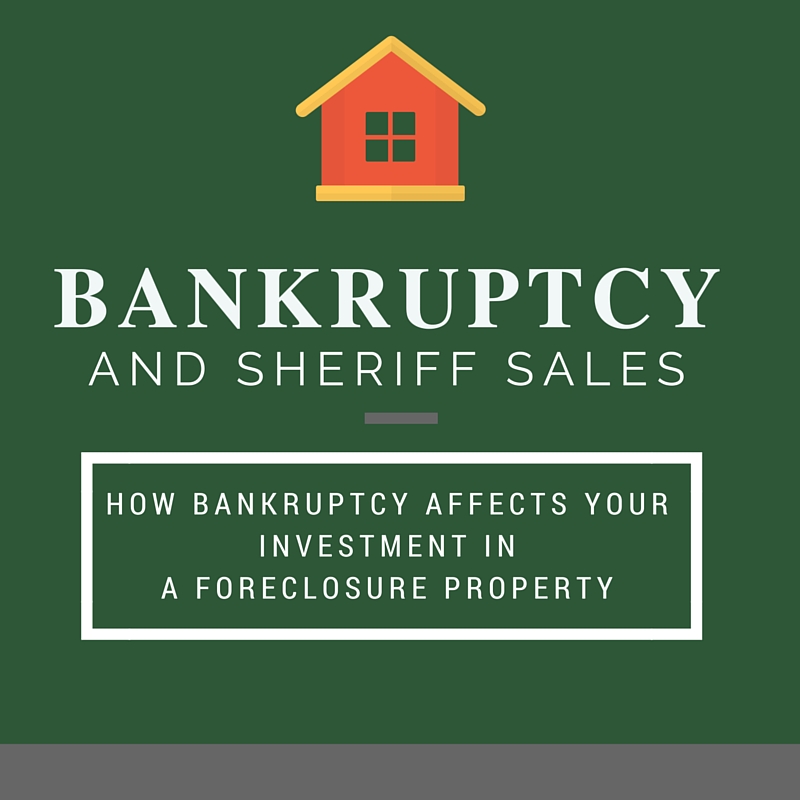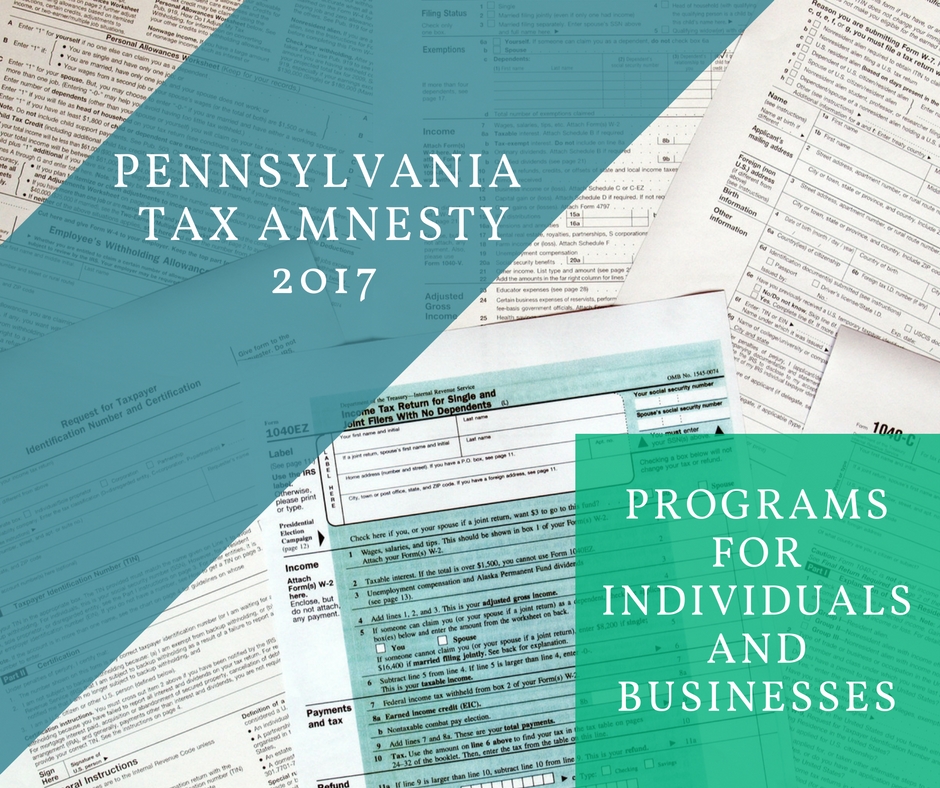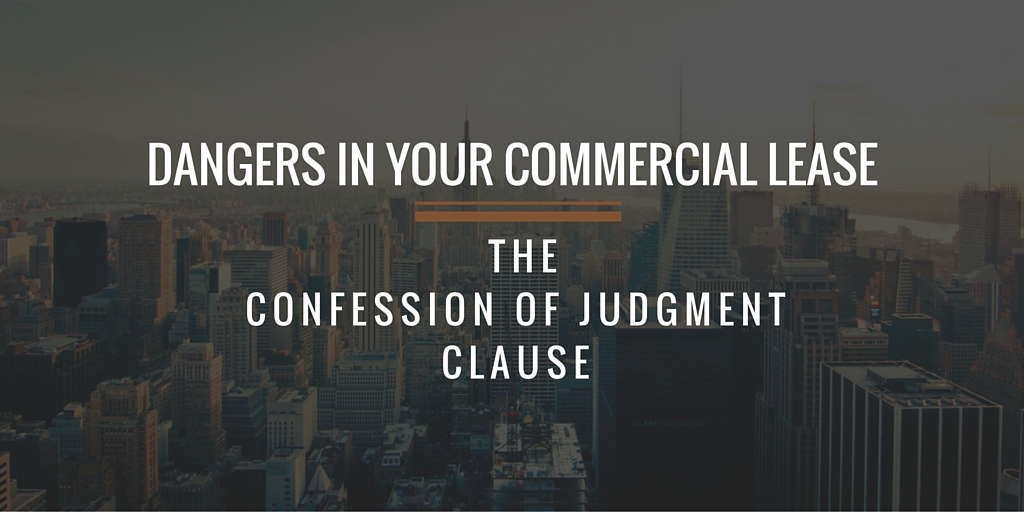 As a professional real estate developer or someone with an interest in purchasing real estate at a sheriff sale, you need to understand how the bankruptcy and foreclosure laws work together. Foreclosure is a process by which a private party (a bank for example) or a municipality bring a lawsuit to collect monies that are past due. This can be taxes or other fees owed. Once a judgment is entered, the sheriff will schedule a sale to satisfy the money owed at a public auction. This is known as a foreclosure or sheriff’s sale. Can a bankruptcy filing stop a foreclosure? The simple answer is yes. However, the investor that fails to perform simple due diligence can make a foreclosure sale purchase a very costly and time consuming proposition. Before turning to this, a little background on the bankruptcy laws.
As a professional real estate developer or someone with an interest in purchasing real estate at a sheriff sale, you need to understand how the bankruptcy and foreclosure laws work together. Foreclosure is a process by which a private party (a bank for example) or a municipality bring a lawsuit to collect monies that are past due. This can be taxes or other fees owed. Once a judgment is entered, the sheriff will schedule a sale to satisfy the money owed at a public auction. This is known as a foreclosure or sheriff’s sale. Can a bankruptcy filing stop a foreclosure? The simple answer is yes. However, the investor that fails to perform simple due diligence can make a foreclosure sale purchase a very costly and time consuming proposition. Before turning to this, a little background on the bankruptcy laws.
Bankruptcy: The Automatic Stay.
The day a debtor files bankruptcy (Chapter 13, for example), is the petition date. On the petition date, a legal wall comes down known as the automatic stay. All creditors are now required by federal law to stop collection efforts for debts owed prior to the petition date. This includes all demand letters, lawsuits and sheriff sales. So long as the petition date is prior to the “gavel falling” at the sheriff sale, the real estate remains with its original owner. However, if bankruptcy is filed after foreclosure, even one day after, the real property passes to the successful bidder. The real property is then not part of the debtor’s bankruptcy estate.

 Blog: News & Legal Articles from Our Team
Blog: News & Legal Articles from Our Team










 As a professional real estate developer or someone with an interest in purchasing real estate at a sheriff sale, you need to understand how the bankruptcy and foreclosure laws work together. Foreclosure is a process by which a private party (a bank for example) or a municipality bring a lawsuit to collect monies that are past due. This can be taxes or other fees owed. Once a judgment is entered, the sheriff will schedule a sale to satisfy the money owed at a public auction. This is known as a foreclosure or sheriff’s sale. Can a bankruptcy filing stop a foreclosure? The simple answer is yes. However, the investor that fails to perform simple due diligence can make a foreclosure sale purchase a very costly and time consuming proposition. Before turning to this, a little background on the bankruptcy laws.
As a professional real estate developer or someone with an interest in purchasing real estate at a sheriff sale, you need to understand how the bankruptcy and foreclosure laws work together. Foreclosure is a process by which a private party (a bank for example) or a municipality bring a lawsuit to collect monies that are past due. This can be taxes or other fees owed. Once a judgment is entered, the sheriff will schedule a sale to satisfy the money owed at a public auction. This is known as a foreclosure or sheriff’s sale. Can a bankruptcy filing stop a foreclosure? The simple answer is yes. However, the investor that fails to perform simple due diligence can make a foreclosure sale purchase a very costly and time consuming proposition. Before turning to this, a little background on the bankruptcy laws.